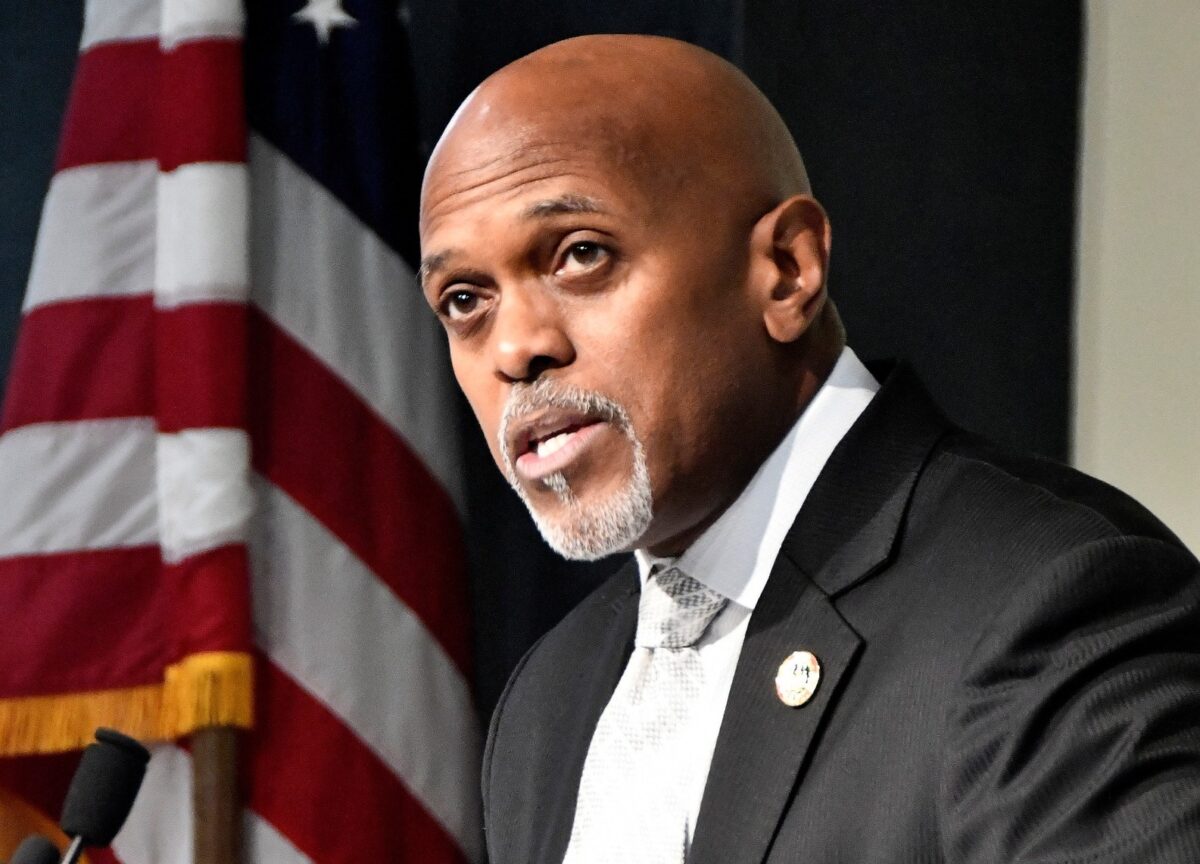Maryland residents may soon be able to play online poker if a new bill being prepared by Senator Ron Watson (D-Bowie) makes it through the state’s legislative system.

Watson has long been a supporter of online poker and casino gaming. He submitted a similar bill for consideration in 2023 but couldn’t get it passed by state lawmakers.
Now, with a voting session on the horizon, Senator Watson has drafted another bill that would make online poker and casino gaming legal in Maryland.
Watson revives Maryland online poker effort
A draft copy of Watson’s bill was shared with Poker Industry PRO on December 3. As reported, Watson is pushing to give the state’s six land-based casinos the right to partner with two online gaming operators each.
Those wishing to apply for approval will need to pay a $1 million licensing fee as well as state taxes. In addition to authorizing online casino gaming for anyone within state lines aged 21 or over, Watson’s bill would make online poker legal in Maryland.
That alone would be a big step forward for poker players in a state known for hosting major tournaments such as WPT Maryland at LIVE! Perhaps even more significant than online poker being authorized is a clause that would make cross-state gaming possible.
As per the draft bill, the advent of legal online poker in Maryland would give Governor Wes Moore the authority to enter a multi-state gaming compact.
“[The bill] allows for participation in multi-jurisdictional internet gaming by individuals who are physically located in jurisdictions over which the governments that are a party to the agreement exercise legal authority,” reads the document.
In simple terms, this means poker players in Maryland would be allowed to compete against people in other states. Nevada, New Jersey, Michigan, West Virginia, and Delaware are currently part of the Multi-State Internet Gaming Agreement (MSIGA).
Old Line state could spark new wave of online poker regulations
Therefore, Watson’s bill has major implications for local players and the US online poker market in general. Although there’s a long way to go until online poker is freely available across the entire US, Maryland’s entry to the regulated market would take the number of MSIGA participants to six.
The total population of all six states in the MSIGA is 31 million. That’s still a far cry from the 335 million people who live in the US, but it’s a markedly bigger pool of players than would be available if states were still ring-fenced.
US online poker regulations have trickled in since Nevada kicked things off in 2013. Many assumed this initial move would cause a domino effect of states legalizing online poker.
That hasn’t happened but, if Watson can get his next bill over the line, it would be a big win for Maryland poker players and another step forward for the industry as a whole.


